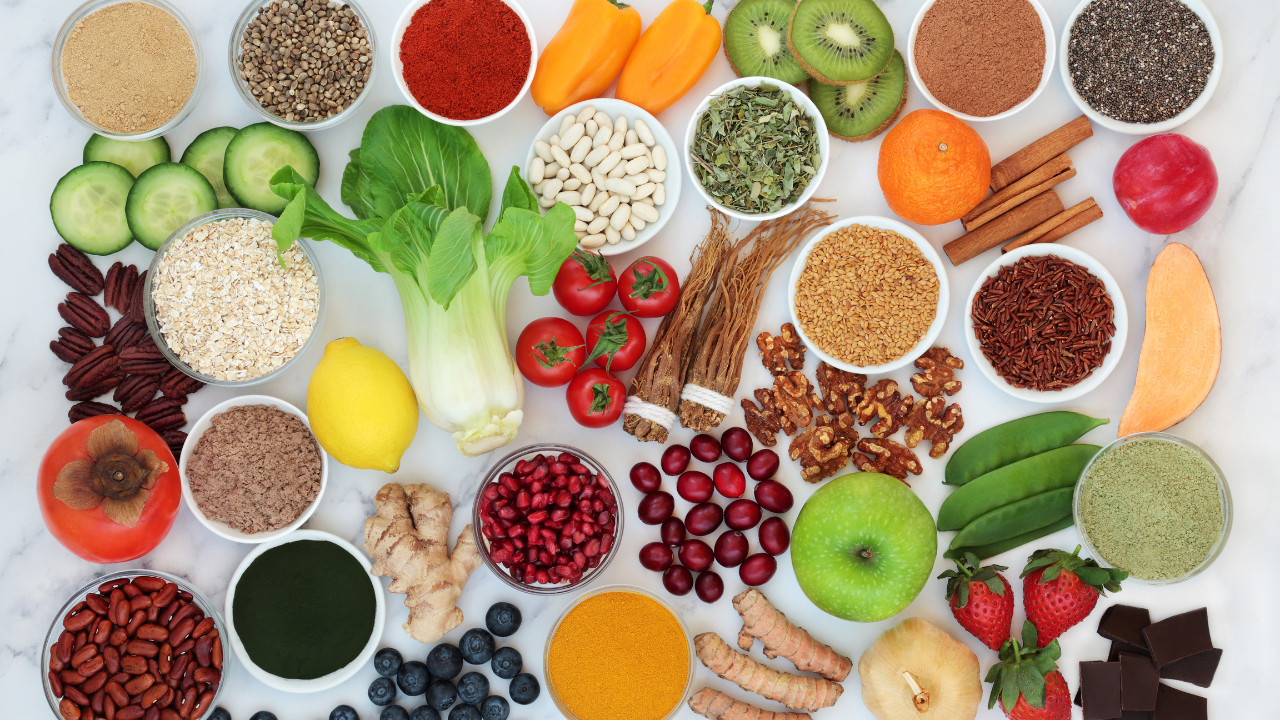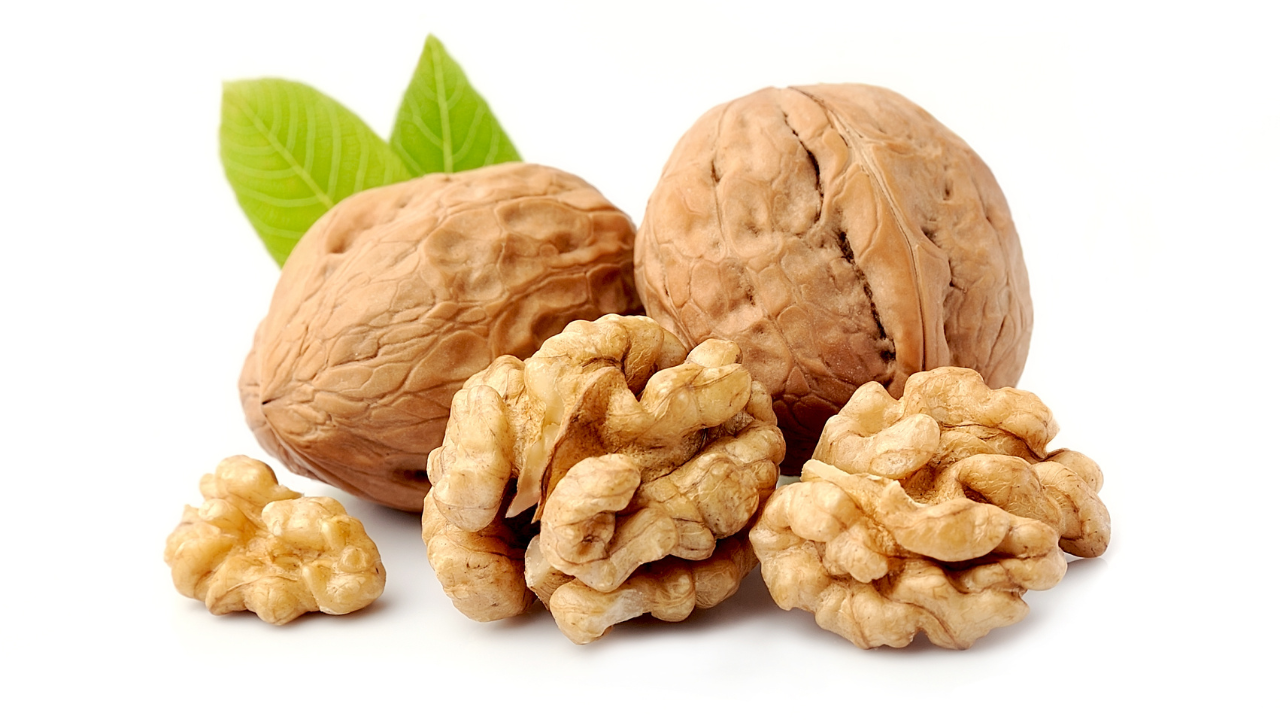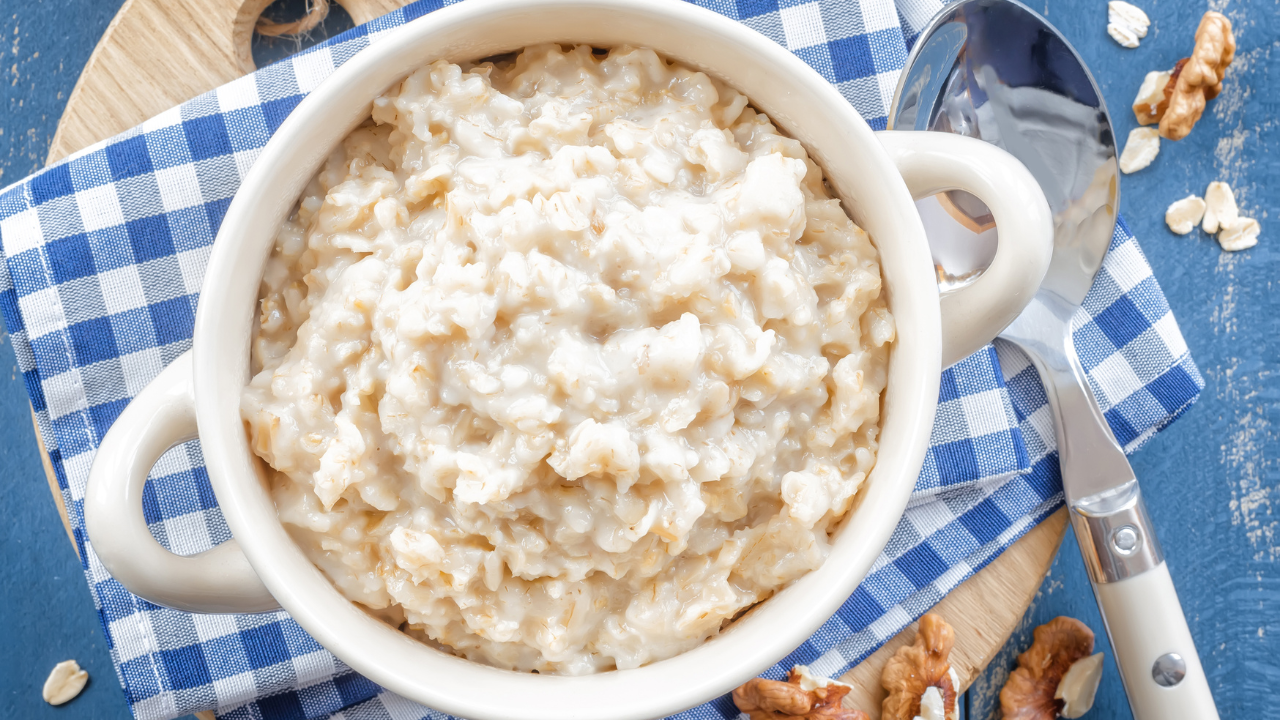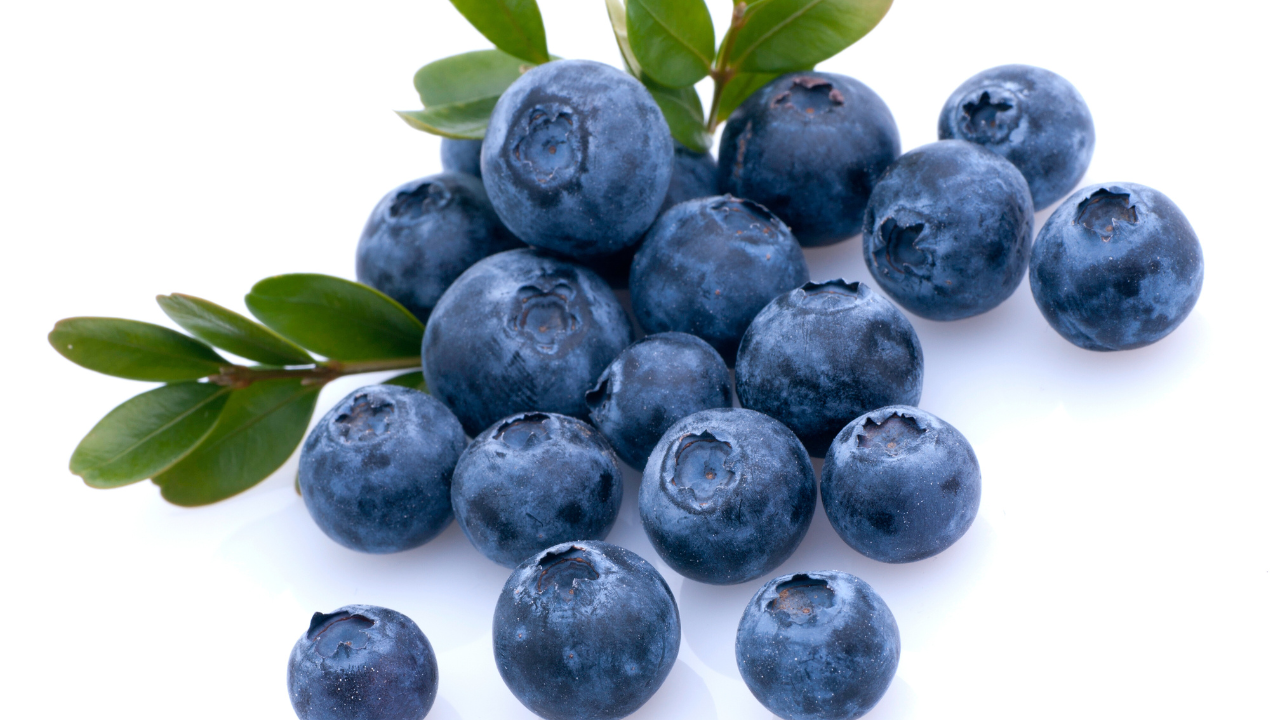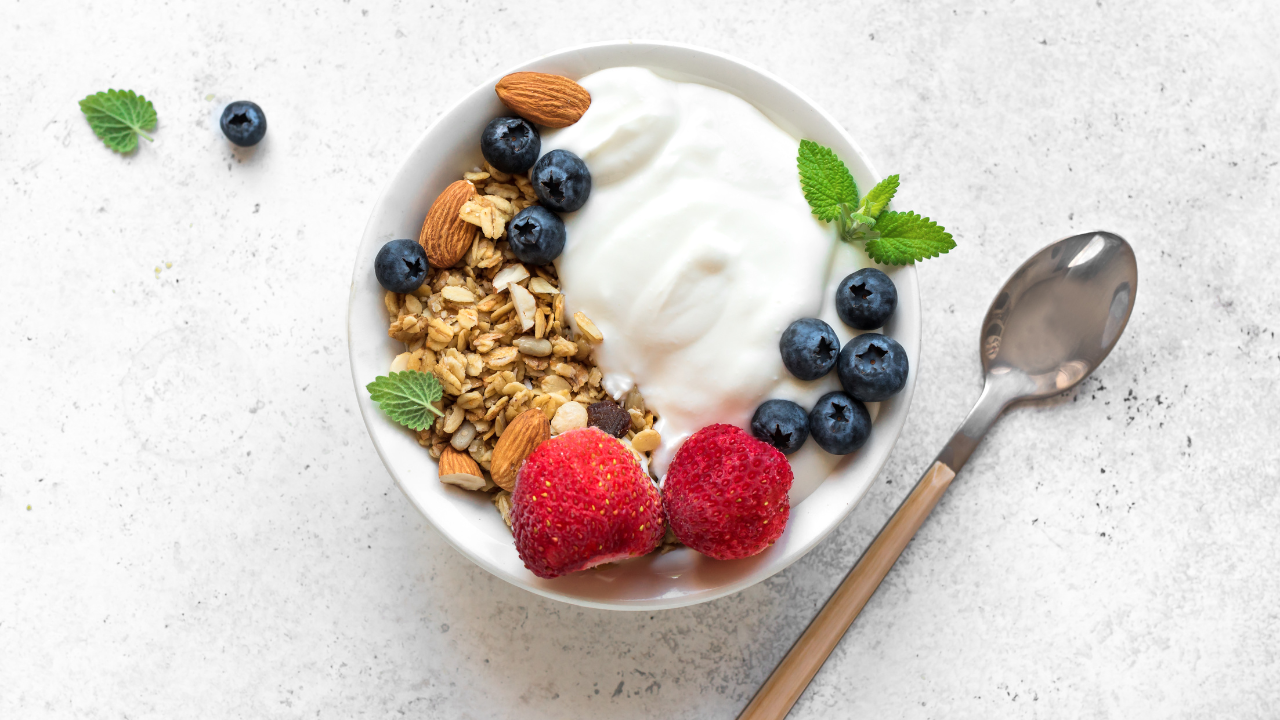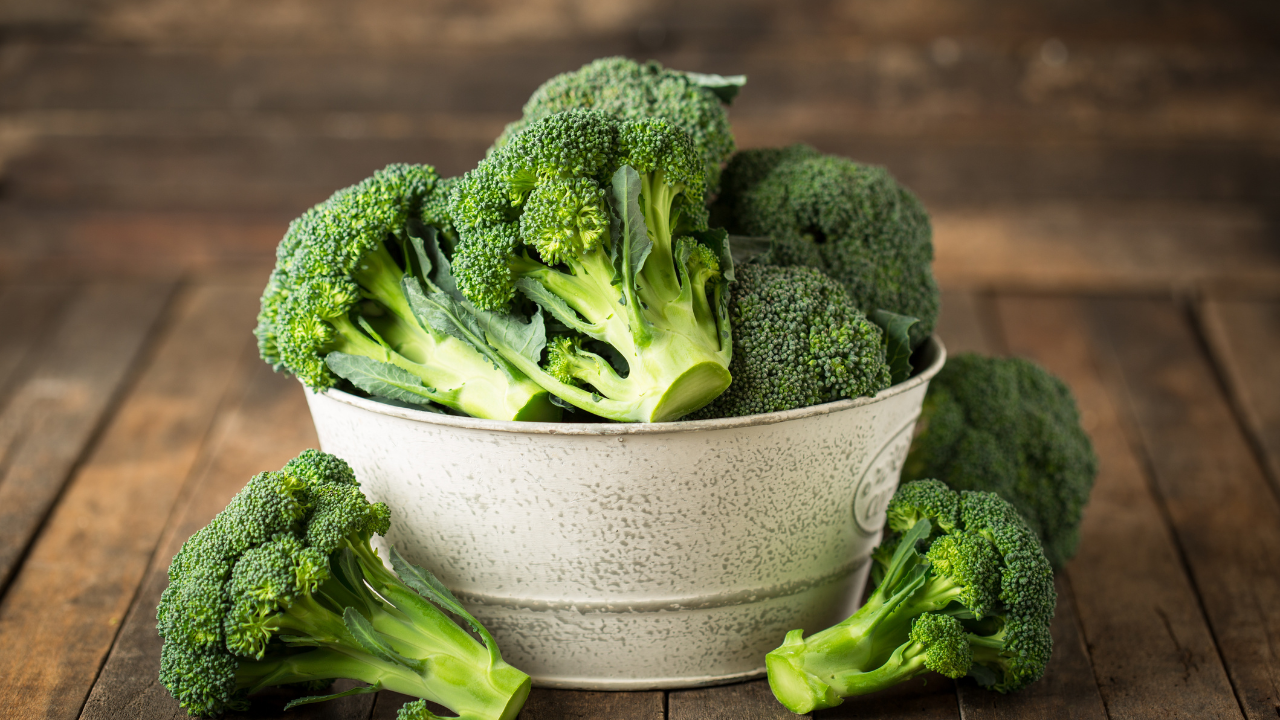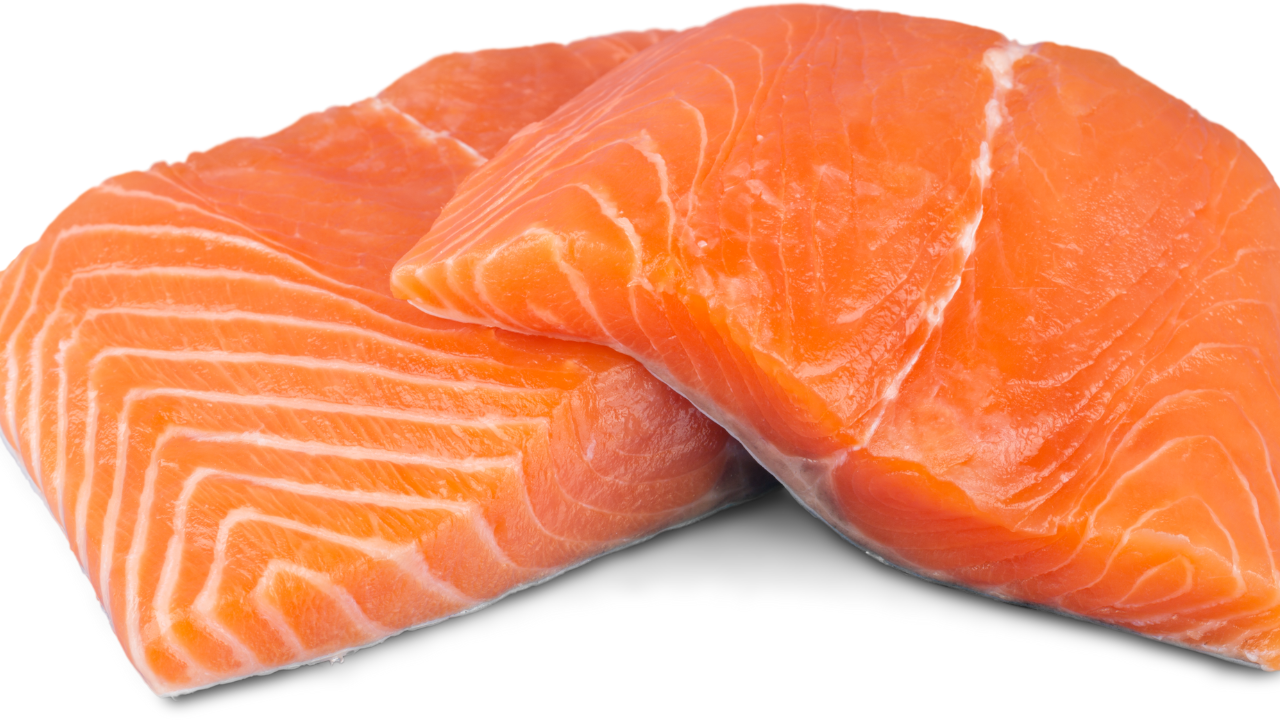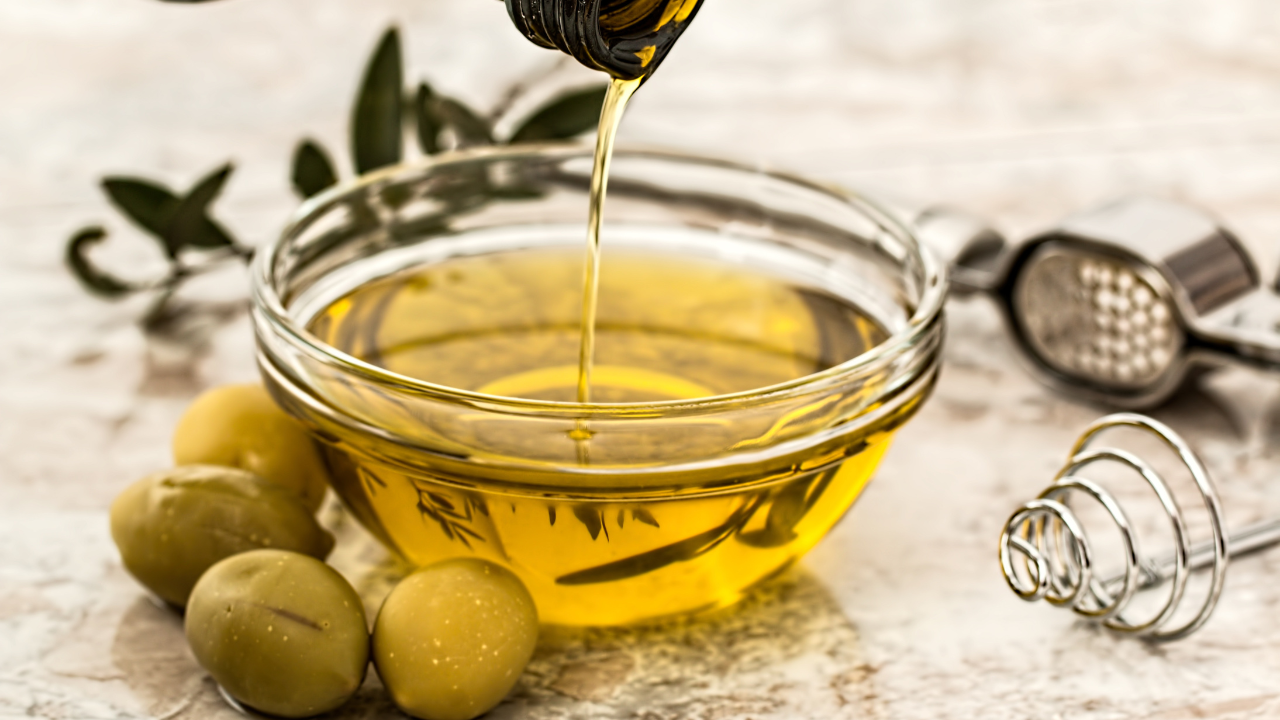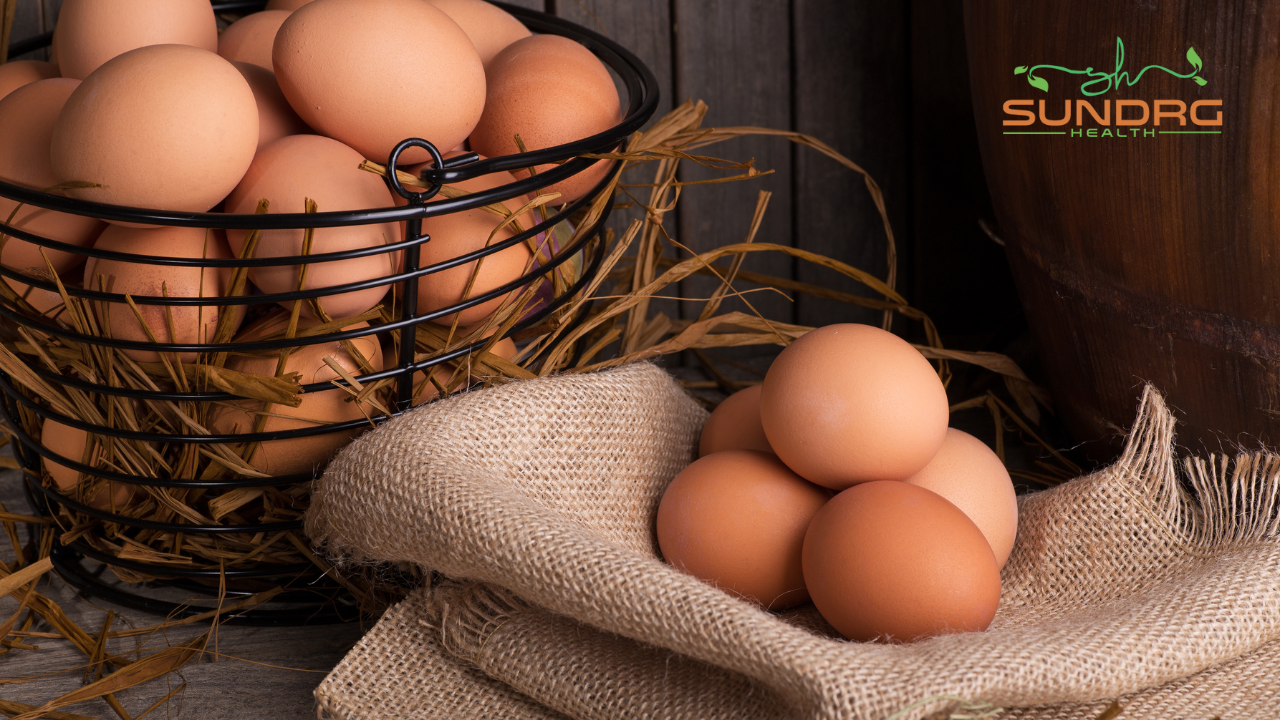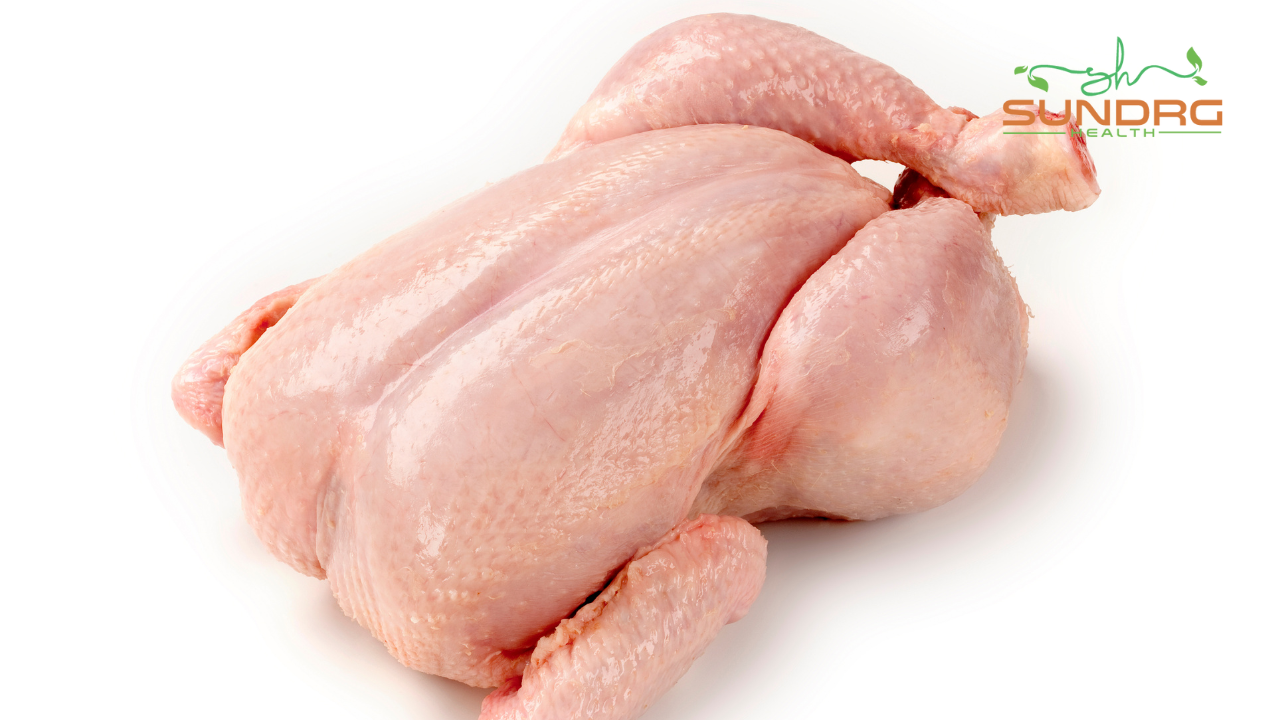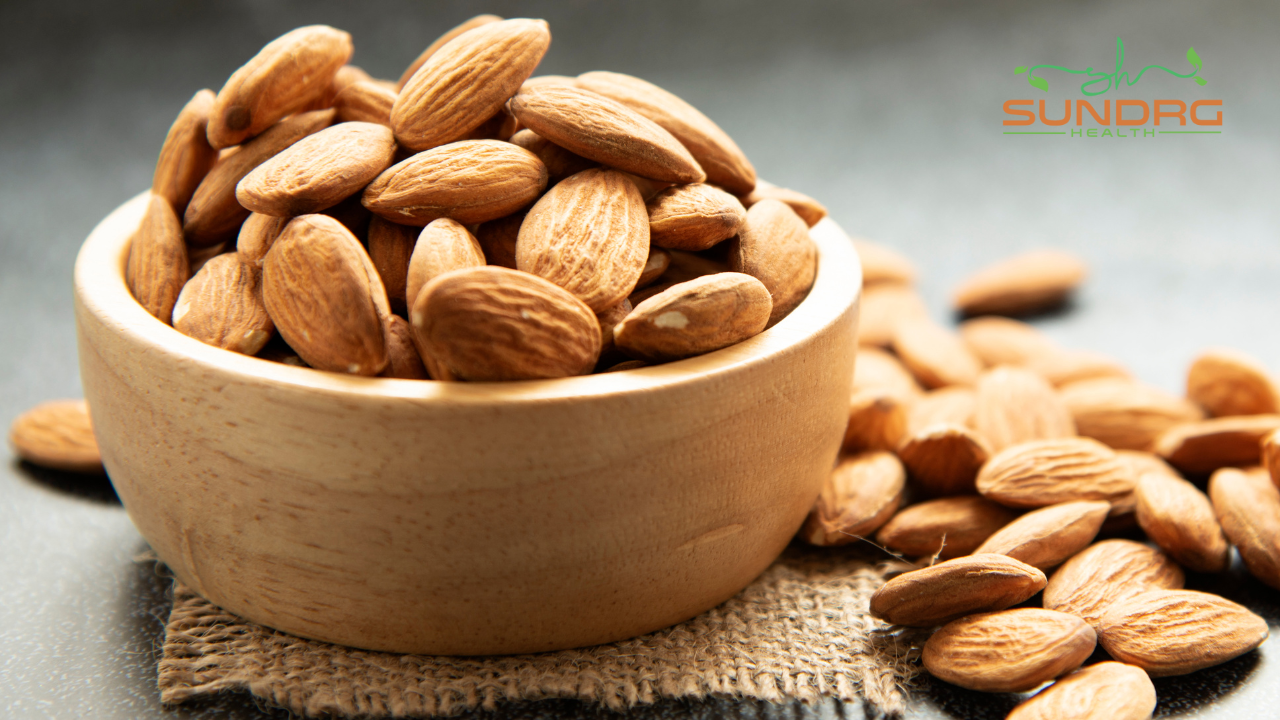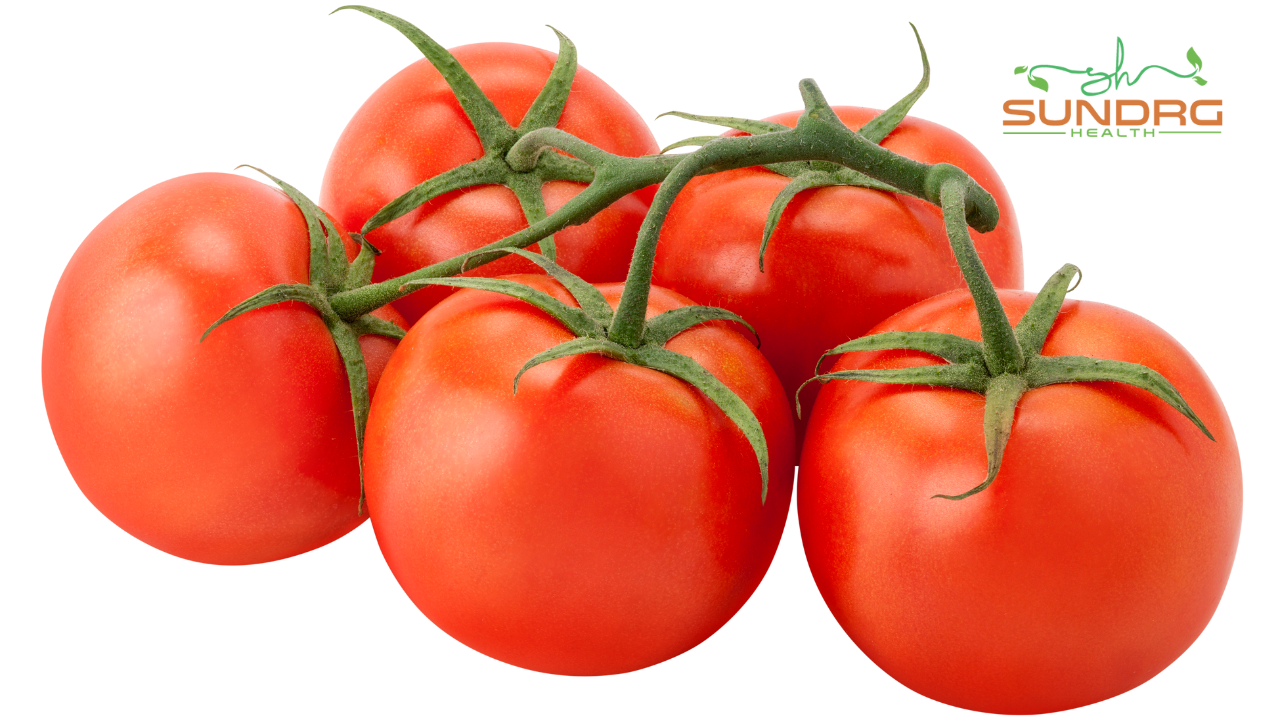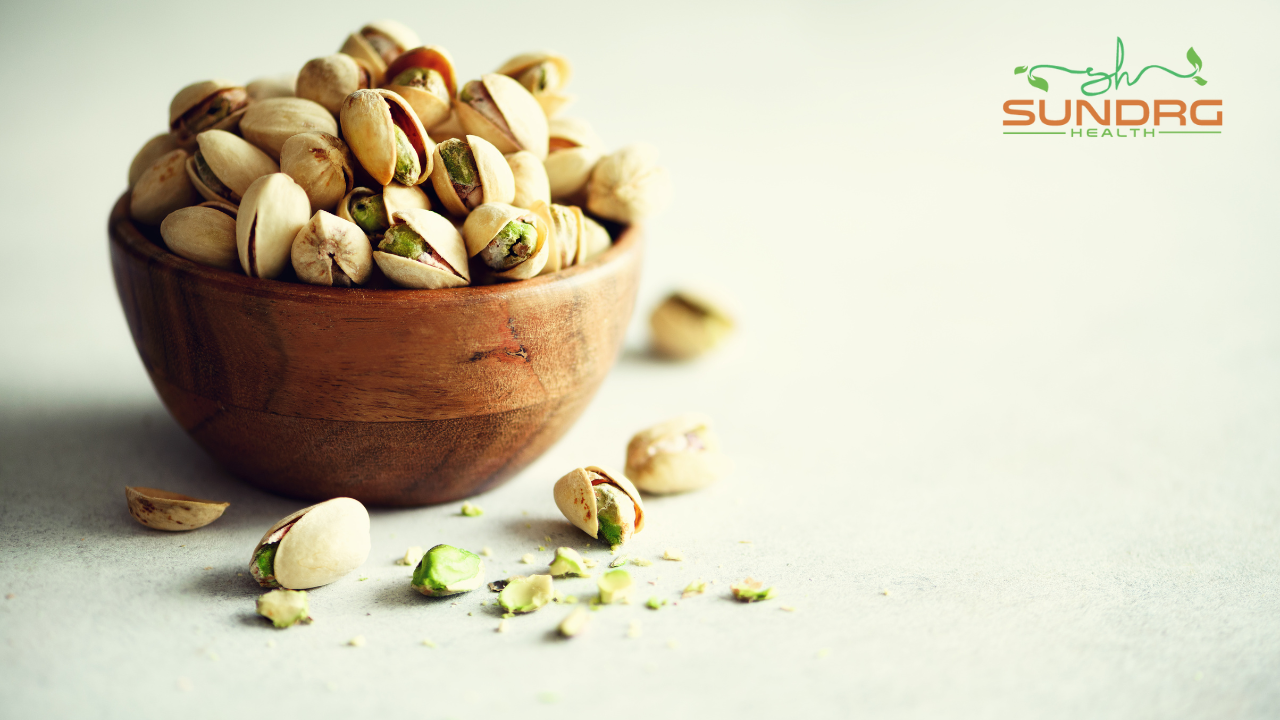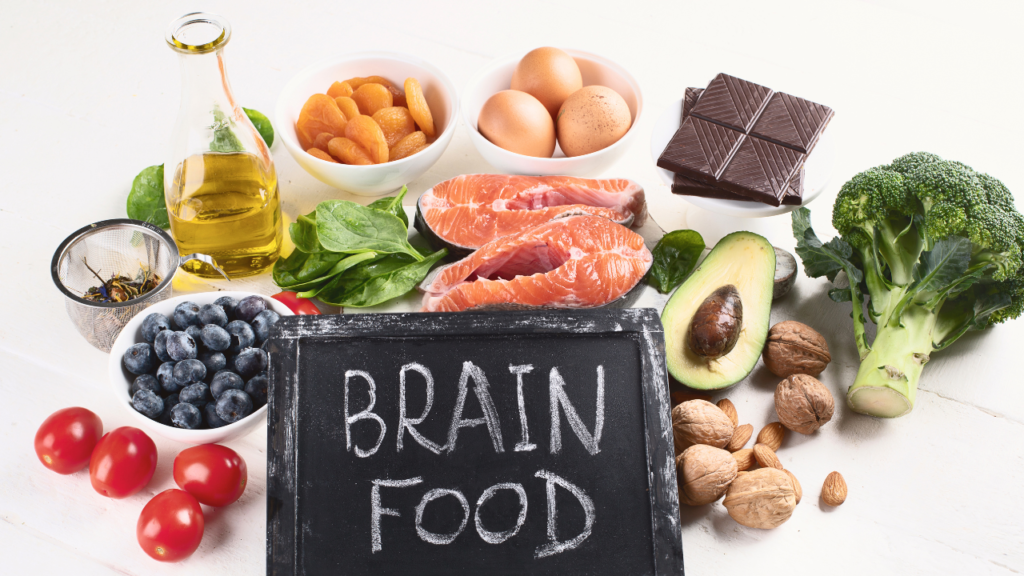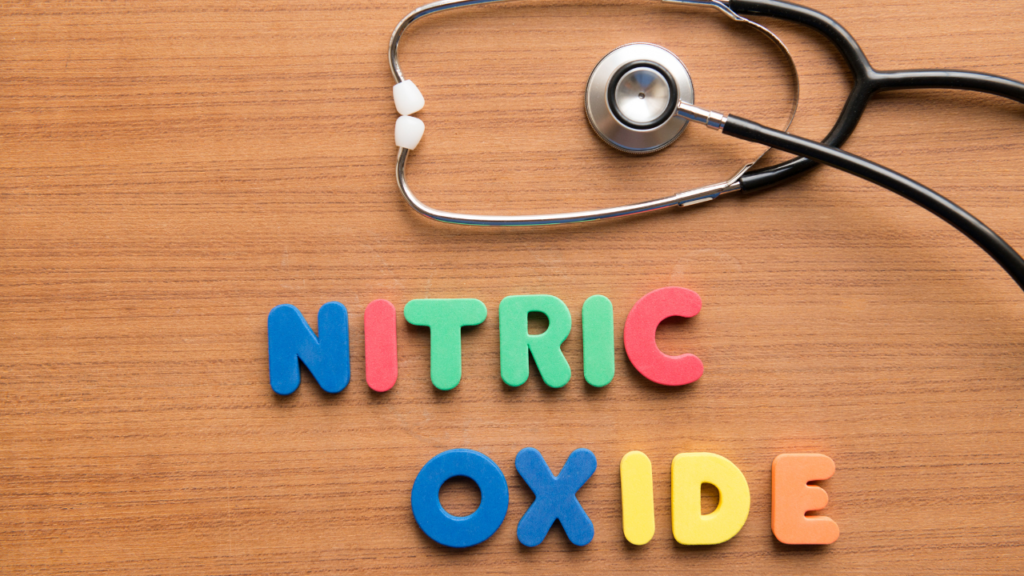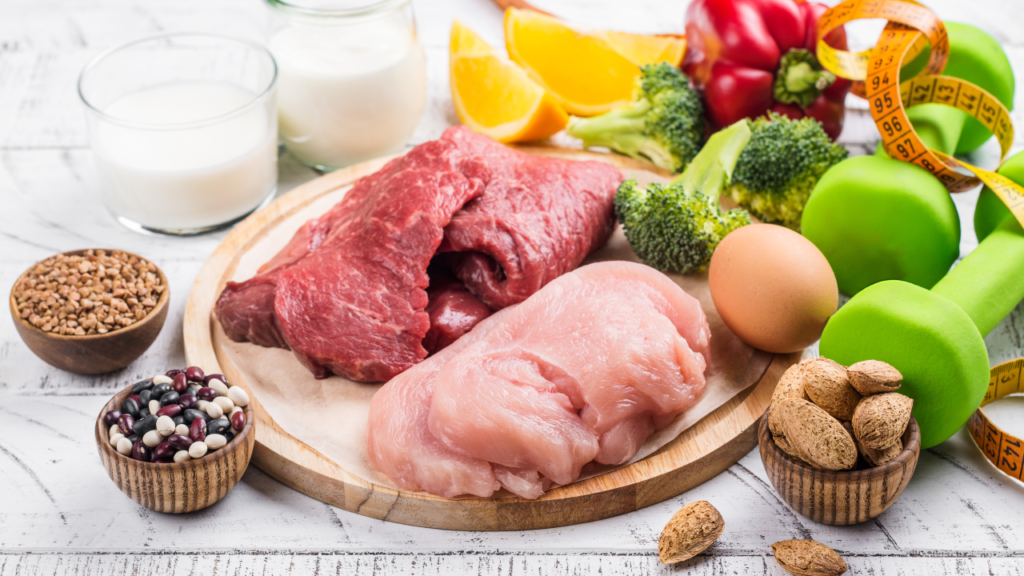Eating a healthy diet is crucial for living your best life. Factors like quality sleep, stress, and physical activity are essential, too, but what you eat every day significantly impacts your physical and mental health. Instead of following fad diets that cut out your favorite foods, focus on adding healthy, nutrient-rich options to your meals.
Many people believe that eating healthy has to be expensive. While some wellness trends highlight costly “superfoods,” the reality is that many nutritious foods—like chicken, fruits, grains, vegetables, and legumes—are affordable and easy to find. These common foods are rich in nutrients that help your body and support your long-term health without costing a lot.
To help you make better food choices, we’ve put together a list of 30 healthy foods that dietitians recommend you eat every day. These nutrient-rich foods are easy to add to your meals, helping you create a balanced diet. Keep reading to learn how these foods can improve your routine.
1. Walnuts
Try a handful of walnuts if you’re looking for a healthy snack. Walnuts are high in healthy fats, fiber, vitamins, and minerals. Eating walnuts can help lower bad cholesterol (LDL) and reduce the risk of heart disease. They also provide fiber and probiotic compounds that support gut health, and their protein content helps you feel full, which is essential for managing weight.
Walnuts are a rich source of ALA omega-3 fatty acids, a healthy fat found in some plants. Research shows these fats have health benefits. One study published in Nutrients found that adding one ounce (or one handful) of walnuts to the diet of people who don’t normally eat nuts improved their overall diet quality and increased their intake of essential nutrients like fiber, potassium, and magnesium. This supports earlier findings that suggest walnuts can lead to better health.
2. Oatmeal
Did you know that your bowl of oatmeal in the morning is good for your health? Oats contain nutrients like fiber, manganese, copper, zinc, and vitamin B. They also have powerful antioxidants called avenanthramides.
Because they are nutritious, oats can help lower cholesterol, manage blood sugar, improve digestion, and keep you feeling full.
However, some store-bought oatmeal packets have a lot of sugar, which can reduce their health benefits. To keep your oatmeal healthy, make plain steel-cut oats and add toppings like fruit, chia seeds, and honey.
3. Peanut Butter
Natural peanut butter is a healthy snack with several benefits, much like yogurt. It’s important to choose brands without added sugars and extra oils.
Eating peanut butter in moderation can improve your health. It provides protein and healthy fats, which help control blood sugar and lower the risk of diabetes. Peanut butter can also reduce LDL cholesterol and inflammation. Additionally, it contains vitamin E, which is essential for brain health..”
4. Blueberries
You can enjoy blueberries in many ways: on yogurt, in smoothies, or as a quick snack. They are one of the healthiest foods available.
“Blueberries are rich in vitamins, minerals, and antioxidants. Their high antioxidant levels can improve brain function, reduce inflammation, and lower the risk of heart disease,” says Young.
If you need another reason to add these berries to your daily diet, remember they are also high in fiber. This fiber helps improve digestive health and can prevent constipation,” says Young.
5. Yogurt
Yogurt is one of the healthiest foods you can eat, but it depends on the type you choose. Some yogurts have a lot of added sugar, which could be healthier. Yogurt contains probiotics, which can boost your immune system and improve gut health.
Most yogurts are also good sources of calcium, phosphorus, and vitamin D, which are important for strong bones. Additionally, yogurt has protein, which helps build and repair tissues in the body.
6. Broccoli
Broccoli is one of the healthiest vegetables you can eat. It belongs to the same family as cauliflower, Brussels sprouts, kale, and cabbage.
Broccoli is full of vitamins, minerals, and antioxidants. These nutrients can help with digestion, boost your immune system, and support bone health. For example, broccoli has vitamin C and is high in fiber. Some studies suggest that eating broccoli and other cruciferous vegetables may lower the risk of heart disease.
7. Salmon
Fish is healthy and provides good fats and protein, but salmon is one of the best choices. Salmon is an excellent source of protein and omega-3 fatty acids. The protein helps build and repair muscles and supports the immune system. Omega-3 fatty acids support brain health and lower the risk of brain disorders.
Experts recommend including salmon in your diet. Eating this fish can boost brain function, improve heart health, and lower the risk of certain diseases.
8. Olive Oil
If you need cooking oil, consider using olive oil. Research shows that olive oil is high in antioxidants. These can help reduce oxidative stress, lower the risk of chronic diseases, fight inflammation, lower cholesterol, manage blood pressure, and improve brain function.
Olive oil is a key part of the Mediterranean Diet. Many studies have found that this diet is one of the healthiest for heart health and reducing disease risk.
9. Eggs
You might have thought before that you should avoid eggs because of their cholesterol, but that isn’t true! According to the American Heart Association (AHA), “healthy individuals can include up to a whole egg or equivalent daily” as part of a heart-healthy diet.
So, what makes eggs a good choice? For starters, each egg has about 6 grams of protein. Eggs are also a great source of choline, which supports brain health. Sadly, many Americans don’t get enough choline, so adding an egg to your diet (with the yolk) can help with this.
10. chicken
Chicken is a healthy and lean meat choice that is high in protein. A half chicken breast provides about 26 grams of protein and only 3 grams of fat.
In addition to being a good protein source, chicken offers essential nutrients. It is a strong source of selenium, niacin, and vitamins B6 and B12. Selenium supports your immune system, skin, nails, and thyroid function. Niacin, vitamin B3, helps keep your nervous system and digestive tract healthy. Vitamins B6 and B12 are essential for brain health.
11. Almonds
We already have pistachios and walnuts on our list of healthy foods, but let’s also add almonds. Many people enjoy snacking on almonds, often without realizing their health benefits. For example, a 1/2 cup of almonds provides about 15 grams of protein, 9 grams of fiber, and important nutrients like calcium, magnesium, and potassium.
Remember to eat the skin to get the most health benefits from your almond snack. A Comprehensive Reviews in Food Science and Food Safety study found that most of the antioxidants in almonds are concentrated in the skin. If plain almonds aren’t your thing, you can blend them in a food processor to make natural almond butter while keeping the nutritious skin.
12. Tomatoes
Tomatoes are popular because they can be used in many dishes, such as pasta sauce, salsa, and pizza. What many people don’t know is that tomatoes are also very healthy.
Tomatoes contain essential nutrients such as fiber, choline, vitamin A, vitamin C, potassium, and calcium. One key substance in tomatoes is lycopene, which gives them their bright red color.
Lycopene is a strong antioxidant found in other foods, such as watermelon, red peppers, grapefruit, and papaya. It can help lower cholesterol, blood pressure, and prostate cancer risk.
13. Avocado
Avocados are a true superfood with many health benefits. One avocado contains 14 grams of fiber, 4 grams of protein, and various essential vitamins, including C, E, K, and B vitamins (B2, B3, and B6) and folate, magnesium, and copper.
A key feature of avocados is their healthy fats. Each avocado has about 30 grams of fat, with only 4 grams being saturated. The rest are polyunsaturated and monounsaturated fats, which can help lower cholesterol and reduce the risk of heart disease and stroke.
14. Carrots
Carrots are a healthy addition to your diet. You can eat them raw with ranch dip or bake them with other vegetables. When eaten regularly, they offer many benefits.
You might know that carrots are good for your eyes. This is true because they contain a lot of antioxidants called lutein. However, carrots have even more to offer.
They are rich in antioxidants, biotin, potassium, and vitamins K, A, and B6. Eating carrots can help lower cholesterol and make you feel full, which can reduce how many calories you eat due to their fiber content.
A cup of carrots provides all these nutrients while containing less than 0.3 grams of fat and only 50 calories.
15. Pistachios
Pistachios are great for healthy snacking. They taste good and satisfy your savory cravings while being packed with antioxidants.
Pistachios contain strong antioxidants that protect your body from harmful free radicals. These free radicals can damage cells, cause inflammation, and lead to chronic diseases.
One benefit of pistachios is that they are a complete plant-based protein. One serving of pistachios has more protein than an egg.”
Pistachios offer even more benefits. “The mix of protein and fiber in pistachios helps with digestion, keeping you full. This combination causes a slower rise in blood sugar, preventing energy dips and cravings. It makes pistachios a satisfying choice for hunger and weight control.
16. Turkey
If you eat meat and want to add it to your meals, turkey is a great choice. It is high in protein and low in fat, making it a healthy lean protein option.
For example, a 3-ounce serving of turkey breast has over 25 grams of protein and less than 2 grams of fat, while a 3-ounce serving of pork loin has only 18 grams of protein and 7 grams of fat.
Ground turkey can be substituted for beef in burgers and pasta dishes. This helps you cut fat while still getting a good protein boost.
17. Black Beans
Many Americans need more fiber in their diets. Not getting enough fiber can harm digestion, gut health, cholesterol levels, blood sugar, and more.
If you need more fiber, black beans are a great option. One cup of cooked black beans contains 15 grams of fiber. Women should aim for about 25 grams of fiber daily, while men should aim for around 38 grams. Just one cup of beans can help meet your daily fiber needs.
When adding more fiber to your diet, start slow. Introducing too much fiber at once can lead to gas and bloating. If you’re not used to eating black beans, gradually add them to your meals.
18. Leafy Greens
Leafy greens include kale, mustard, spinach, arugula, Swiss chard, and bok choy. They are packed with nutrients, and each type offers slightly different benefits. Rotating the greens you eat during the week is a good idea to get a mix of vitamins, minerals, fiber, and antioxidants.
For example, spinach is rich in fiber, antioxidants, vitamins A and K, calcium, and iron. This makes it great for your eyes, heart, and digestion. Kale is another popular leafy green. It contains calcium and vitamins K, A, and C. These nutrients help support eye and heart health and other health benefits.
19. Pumpkin Seeds
When people think of pumpkins, they often picture lattes or fall treats. However, pumpkin seeds make a great, healthy snack all year round.
Pumpkin seeds are an excellent source of fiber and magnesium, which help with digestion. Magnesium is essential for digestion; it helps manage stress and support mood.” Studies show that people with depression or depressive symptoms often have low magnesium levels.
Add a handful of pumpkin seeds to your daily routine to improve your digestion and mood.
20. Chia Seeds
Chia seeds are among the healthiest foods you can eat. Despite their small size, they are loaded with nutrients like fiber, protein, calcium, iron, and magnesium.
In just one ounce of chia seeds, you get over 4 grams of protein, nearly 10 grams of fiber, 23% of your daily magnesium, and 14% of your daily calcium. The best part is that you can enjoy their health benefits without noticing them. You can add a couple of spoonfuls to your water or smoothie or mix some into your overnight oats and let them soak overnight. Chia seeds have a mild taste and become soft when mixed with liquids, making them an easy way to boost your nutrition.
21. Cocoa
Healthy food can taste great, especially cocoa, the main ingredient in your favorite chocolate treats.
Cocoa beans come from cacao trees and are used to make chocolate. When processed into a powder, they become cocoa powder.
Cocoa beans contain flavanols and plant compounds that offer strong health benefits. Studies show that cocoa can help manage blood pressure, lower cholesterol, and reduce the risk of heart disease and stroke.
However, not all chocolates are the same. Choose chocolate with a higher cocoa percentage to get the most health benefits. This type usually has less added sugar and fewer extra ingredients.
22. Broccoli Sprouts
Broccoli is known for being very nutritious, but don’t forget about broccoli sprouts. These sprouts are young germinated broccoli seeds harvested when they are 3 to 5 days old.
Broccoli sprouts are among the best foods for fighting cancer and reducing inflammation. When you chew or cut the sprouts, glucoraphanin becomes sulforaphane, a powerful phytochemical.
Sulforaphane helps with cancer in several ways. It can promote cancer cell death, lower inflammation, reduce the impact of cancer-causing toxins, boost detoxifying enzymes in the liver, and help switch off certain cancer-related genes.
23. Sauerkraut
Probiotics are essential for your gut health, which helps support your overall well-being. To boost your probiotics, it’s helpful to eat fermented foods like kimchi, kefir, and sauerkraut. These foods are rich in beneficial bacteria that support gut health. Eating more probiotics can improve mood, digestion, energy, and immune function.
If you enjoy sauerkraut, you can eat it straight from the jar. Add it to a salad, veggie bowl, or sandwich if unsure.
24. Raspberries
When you want something sweet, raspberries are a great choice. They are full of nutrients. Berries, including raspberries, are good sources of polyphenols, vitamins, and minerals. Raspberries have a lot of fiber; one cup offers eight grams, about a quarter of the recommended intake.
In addition to fiber, one cup of raspberries has over 32 milligrams of vitamin C. This is about 42% of the daily value for women and around 35% for men. Getting enough vitamin C is vital for heart health, immunity, and the health of your bones and muscles. You can add raspberries to your yogurt or oatmeal for an extra boost.
25. Pomegranate
Whether you drink 100% pomegranate juice or eat the seeds, pomegranates are a superfood packed with nutrients and antioxidants. They can boost your health and are among the healthiest foods you can eat.
Research shows that pomegranates help reduce inflammation and lower the risk of heart disease, which can improve your heart health. Some studies also suggest that pomegranates may help reduce the risk of Alzheimer’s by decreasing oxidative stress damage.
If you choose juice instead of the seeds, remember that you will miss out on the fiber from the seeds (about 11 grams). However, drinking pure, 100% pomegranate juice still gives you many of the antioxidants from the seeds.
26. Garlic
In many cultures, garlic has been used for centuries to improve health, and it is still popular today for its flavor and nutrients.
This small but mighty food can boost your immune system. Some studies show that taking garlic supplements may reduce the duration of severe colds or flu. Garlic supplements may also help lower blood pressure.
These supplements are stronger than eating a regular clove of garlic, but adding a little garlic to your daily diet can give your body some important health benefits.
27. Lentils
Lentils are a nutritious, affordable food that provides fiber, protein, and other vitamins and nutrients. They come in brown, yellow, green, and purple varieties.
You can find about 18 grams of protein and 16 grams of fiber in one cup of lentils. Adding lentils to meals can help you maintain healthy digestion and support a good gut microbiome due to their fiber content. Mixing fiber and protein also helps you feel full until your next meal.
28. Dandelion Greens
You probably know about greens like kale, spinach, and collards, but dandelion greens deserve more attention.
Dandelion greens are beneficial because they help improve bile flow, which breaks down fats and aids digestion. They also support the liver by helping it filter out harmful chemicals from your food.
These greens contain antioxidants, including beta-carotene, lutein, and zeaxanthin. Thanks to their large amounts of lutein and zeaxanthin, dandelion greens can help prevent cataracts and macular degeneration.
29. Prunes
Prunes are a healthy food that many people overlook. They have essential nutrients that your body needs, such as boron, potassium, vitamin K, and plant compounds, which provide nutrients that support bone health. Research shows that eating 4-6 prunes a day can help prevent bone loss and maintain bone structure in post-menopausal women.
Source Links
Adding Walnuts to the Usual Diet Can Improve Diet Quality in the United States: 2015 & 2018
Frontiers | Effect of Peanut Consumption on Cardiovascular Risk Factors:

